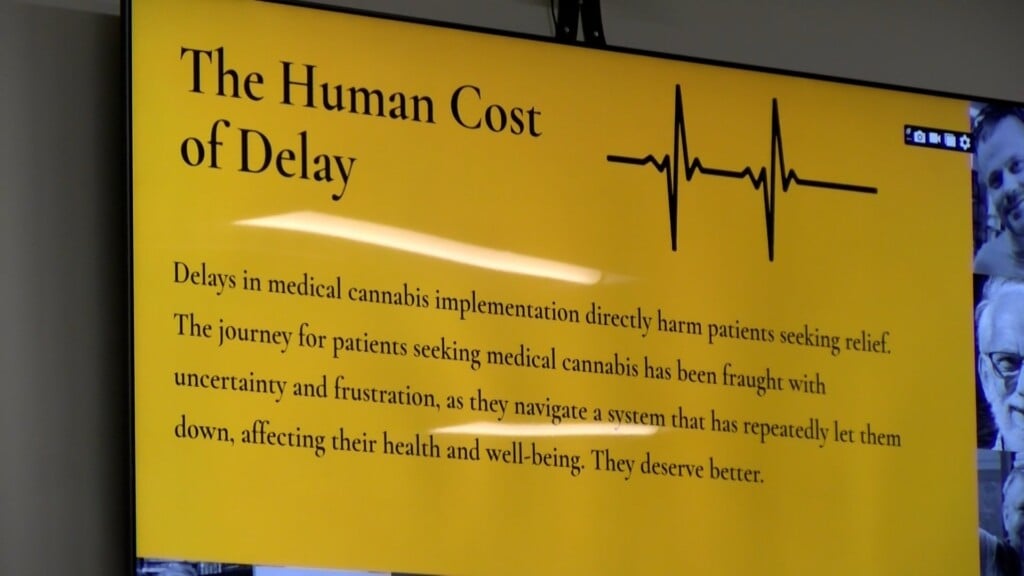Cover crops can enhance farmland in Nebraska, UNL study says
LINCOLN, Neb. (KLKN) – Cover crops could be the next step in enhancing farmland in the state, according to a study from the University of Nebraska-Lincoln.
Cover crops provide “living, seasonal soil cover” and several other benefits to farmland, the U.S. Department of Agriculture says.
Those crops – which include rye, winter wheat and oats – are commonly added to a crop rotation in between commodity or forage crops, according to the USDA.
Nebraska Extension researcher Katja Koehler-Cole says only 4% of farmers statewide utilize cover crops, due to additional costs.
Other barriers include extreme weather conditions, which can prevent farmers from planting.
“By the time we have harvested the crop, it is too late to plant a cover crop,” she said. “It has gotten so cold that we can’t plant anything basically.”
Cover crops can combat erosion and benefit the soil, according to Koehler-Cole. But some of those benefits take longer to see.
“We’re talking a lot about organic matter,” she said. “Increasing the amount of carbon in the soil that will take longer, several years, but something like erosion protection, we can see with just one year of cover crops.”
Although the short-term challenges seemingly outweigh the benefits, Koehler-Cole said the long-term goal is maintaining Nebraska’s farmland.



